Loans
What credit score do you need to buy a house?
If you are trying to find out what is the right credit score to buy a house, you have come to the right place. Read our article and find out!
Advertisement
Learn about the different loan types, their requirements, and how to boost your credit score before buying a house

What is the best credit score to buy a house? Your credit score can mean the difference between paying a high mortgage interest or having access to a more affordable loan.
As we all know, the higher your credit score, the more favorable your payment terms and conditions will be.
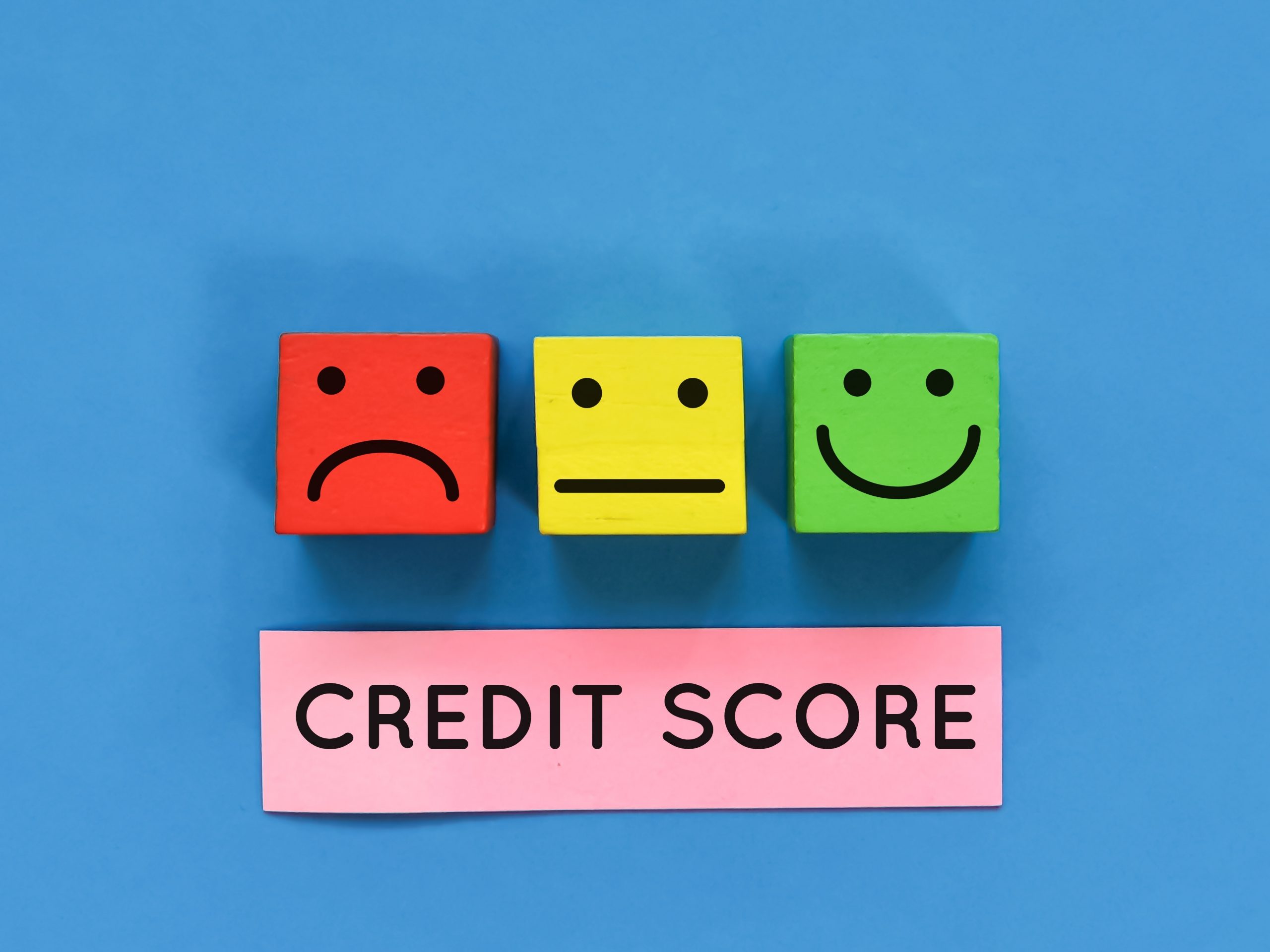
5 ways to improve your credit score
Having a strong credit score can help you in many ways. If you need some help to build or rebuild yours, you can count on The Post New.
However, there are a number of different types of loans you can apply for when looking to finance a house, each with their own specific requirements.
For that reason, knowing where you stand creditwise matters so much when considering home loans.
In this article, we are going to uncover how lenders determine your creditworthiness and what loan types you have at your disposal.
In addition to that, we are going to show you a few ways by which you can improve your credit score to qualify for your preferred loan option.
How do lenders determine your creditworthiness?

As we know, your FICO score is periodically reported by Equifax, TransUnion, and Experian.
Lenders will collect these reports from each of the three bureaus and calculate your median score before they reach a decision.
When there is a situation where there are two or more borrowers on a single loan, lenders will consider the lowest median score among them as the qualifying one.
Fannie-Mae-backed conventional mortgages with multiple clients, however, have different mechanics.
Lenders will average the median scores of all the borrowers on loan, and the average then becomes the qualifying one.
Lenders offering conventional loans usually require a FICO score of at least 620 in order for you to qualify.
However, it is worth pointing out that for calculating your rate and mortgage insurance, lenders will consider your lowest median score.
Fannie Mae may also use the lowest middle score, so in case you have a hard time estimating these numbers on your own, we recommend speaking with a Home Loan Expert.
You will be redirected to another website
By submitting this form, I agree that I am 18+ years old and I agree to the Privacy Policy and Terms and Conditions. I also provide my signature giving express consent to receive marketing communications via automated emails, SMS or MMS text messages and other forms of communication regarding financial products such as credit card and loans. Message frequency varies and represents our good faith effort to reach you regarding your inquiry. Message and data rates may apply. Text HELP for help or text STOP to cancel. I understand that my consent to receive communications is not a condition of purchase and I may revoke my consent at any time.
Loan types and their specific requirements
What is the right credit score to buy a house? Of course, the higher your credit score, the higher your chances of qualifying for a loan.
Nevertheless, you can still qualify in certain cases when you have less-than-perfect credit.
That is why knowing the different types of loans available in the market is so helpful. Government-backed loans and conventional loans have different credit requirements.
1. Conventional Loans
This type of loan fits people who have a good credit score and possibly have money stashed for a down payment. It is not backed or guaranteed by any government program.
For this type of loan, lenders will hardly ever approve people with a credit score under 620. When they do, interest rates are usually high, which means higher monthly payments.
2. FHA Loans
The Federal Housing Administration (FHA) insures loans for people with low credit scores who also do not have much money saved for a down payment.
Usually, to apply for an FHA insured loan you must have a credit score of around 580. However, a higher credit score helps you get better mortgage rates.
3. VA Loans
This loan is guaranteed by the United States Department of Veteran Affairs. This means if you are a qualified servicemember or a veteran, or a spouse, you could benefit from this type of loan.
There is not a well defined minimum credit score in the loan industry, so requirements may vary.
4. USDA Loans
This type of loan is backed by the United States Department of Agriculture.
It applies to those looking to buy a house in a suburban or rural area and whose income falls below 115% of the average in that area.
The minimum credit score most lenders require is 640.
How to boost your credit score

If you do not have a good credit score to buy a house, it can be difficult to qualify for a loan. The good news is that you can take actionable steps and work on your credit score.
Here are some of the things you can do.
1. Pay off your debt
Nothing beats having no debt when it comes to applying for a loan. This ensures lenders that you have room in your budget to take on and manage to pay off the new debt.
Furthermore, paying off outstanding debt reduces your credit utilization, which makes lenders comfortable that you are not a risky borrower.
Remember, interest is the price of money, and that price is determined based on risk.
2. Pay your bills on time
Think about it. If you were to lend money to someone you do not know, you would want to have a look at how reliably they can pay their bills. Lenders look at you the same way.
Lenders will look into your payments history not only on auto loans or mortgages, but also on utility bills, cell phone bills, and others.
3. Keep credit applications at a minimum
If you constantly apply for more credit cards, your credit score will take hits from hard inquiries on your credit report.
The last thing you want when applying for a home loan is that your credit score is lowered by credit card inquiries.
Lenders also look at these
Yes, having a good credit score to buy a house is definitely important both for approval and interest rates. However, lenders look at other factors which contribute to both. Here they are.
1. Your debt-to-income ratio
Your debt-to-income ratio represents how much of your income has been used to pay off debt. The lower this number the better, because this ensures lenders that you do not have too much debt.
2. The loan-to-value ratio
This number represents how much of the value of the house the lender will have to lend you. The higher your down payment, the lower the loan-to-value (LTV) ratio.
Different lenders accept different ratios. However, just like your debt, the lower the number the better.
3. Employment and Assets
You cannot pay for a loan if you do not have a job. For that reason, besides assessing your income, lenders also like to know how long you have been working for the same employer.
The steadier your income, the lower the risk that you will not be able to repay your loan. This helps lenders determine both whether you are approved and the interest you will pay.
In conclusion
Different types of loans and different lenders have different credit requirements for mortgage loans.
However, your credit score is paramount in determining not only whether you will be approved but also the amount of interest you will pay.
So whatever your plans are, do everything you can to stay on top of your credit game.
And if you intend to get a personal loan for any purpose, the following content will give you good tips about it.

How to get a personal loan?
Unsure of where to start when it comes to getting a personal loan? This guide will walk you through the basics and help you figure out what's best for you.
About the author / Danilo Pereira
Trending Topics
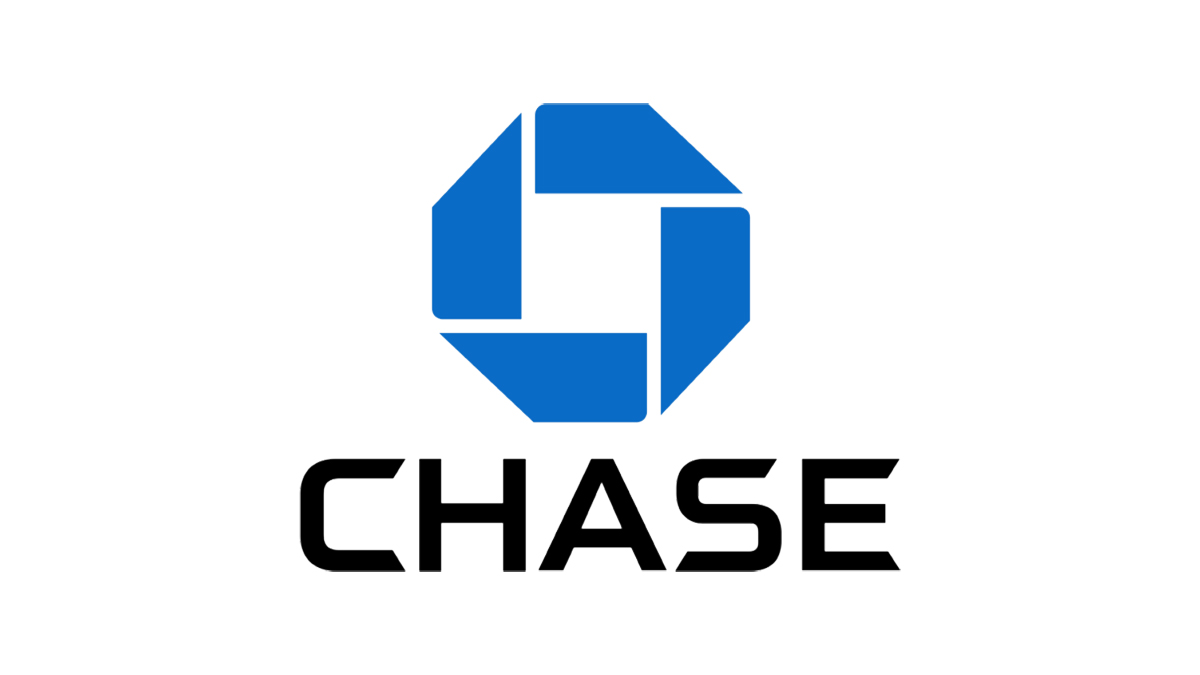
Chase Bank review
Check out our Chase Bank review to learn what it’s like to bank with the biggest bank in America and what they can offer you financially.
Keep Reading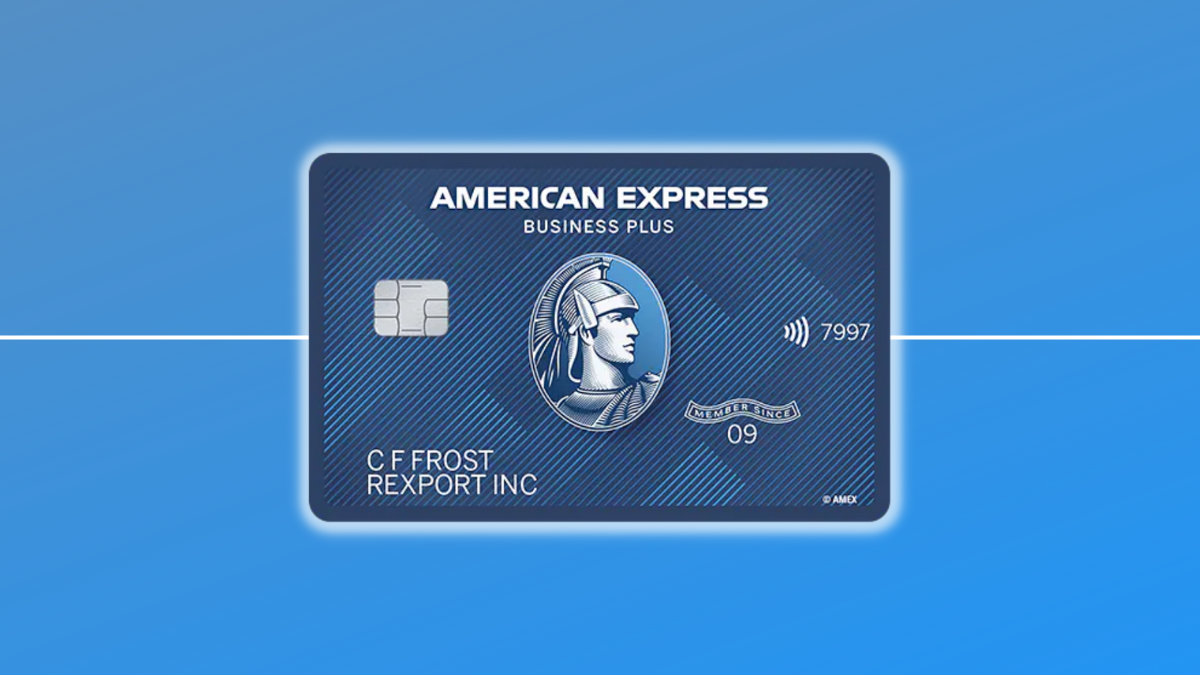
Blue Business® Plus card American Express® online application process
In this Blue Business® Plus card American Express® application guide you will learn how to get this card within just a few minutes.
Keep Reading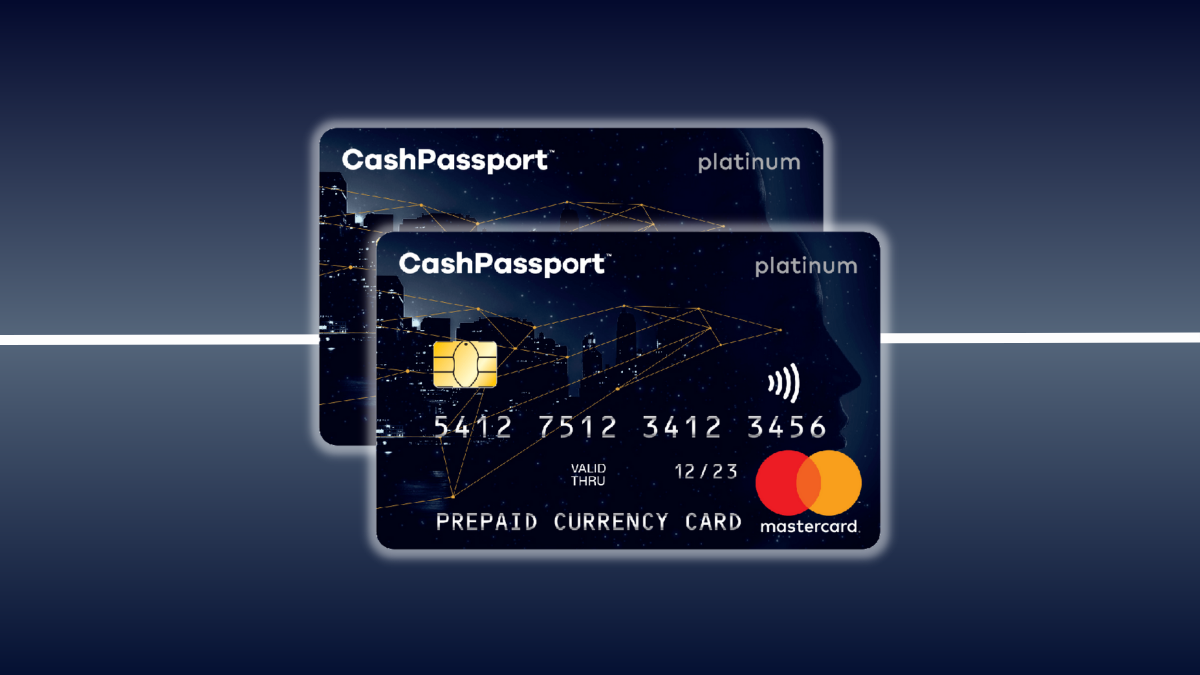
Cash Passport Platinum Mastercard® review: 24/7 Global Emergency Assistance and much more
Looking for a card that will give you competitive exchange rates when traveling? Check out this Cash Passport Platinum Mastercard® review.
Keep ReadingYou may also like

Crypto with most potential in 2023: top ones to invest
Looking to invest in cryptocurrencies? Find out which crypto have the most potential and return on investment in 2023.
Keep Reading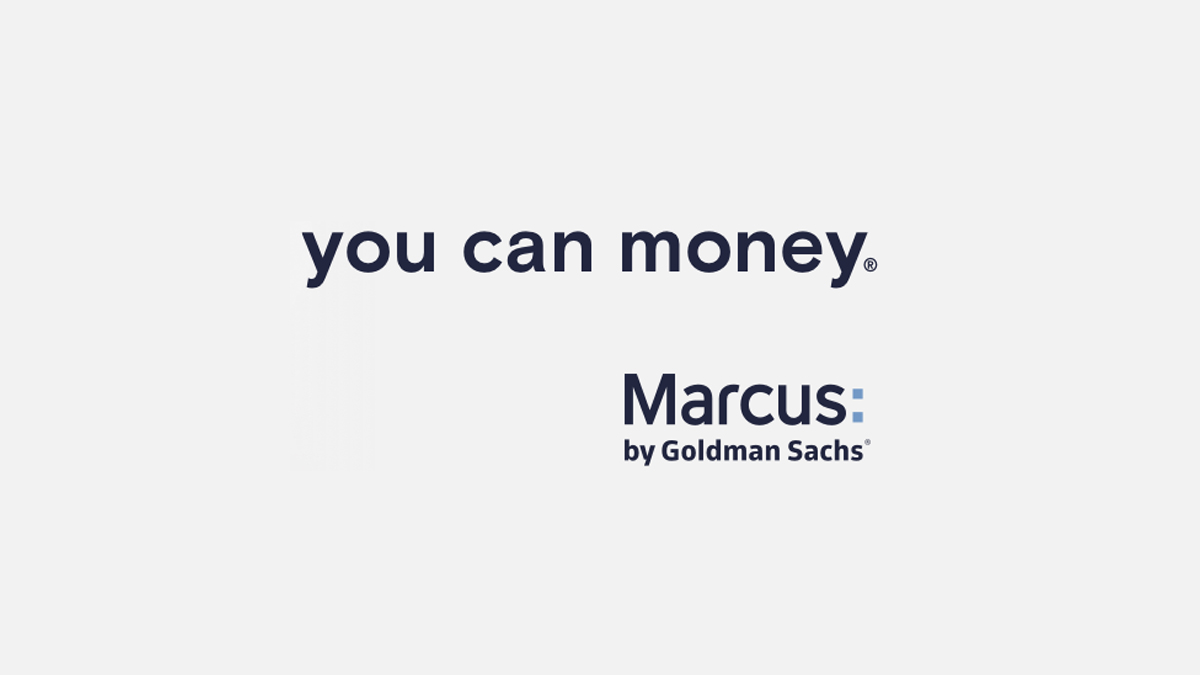
Marcus Savings Account review
Higher than average APY and no monthly fees! Read our Marcus Savings Account review to learn all you need to know about this account.
Keep Reading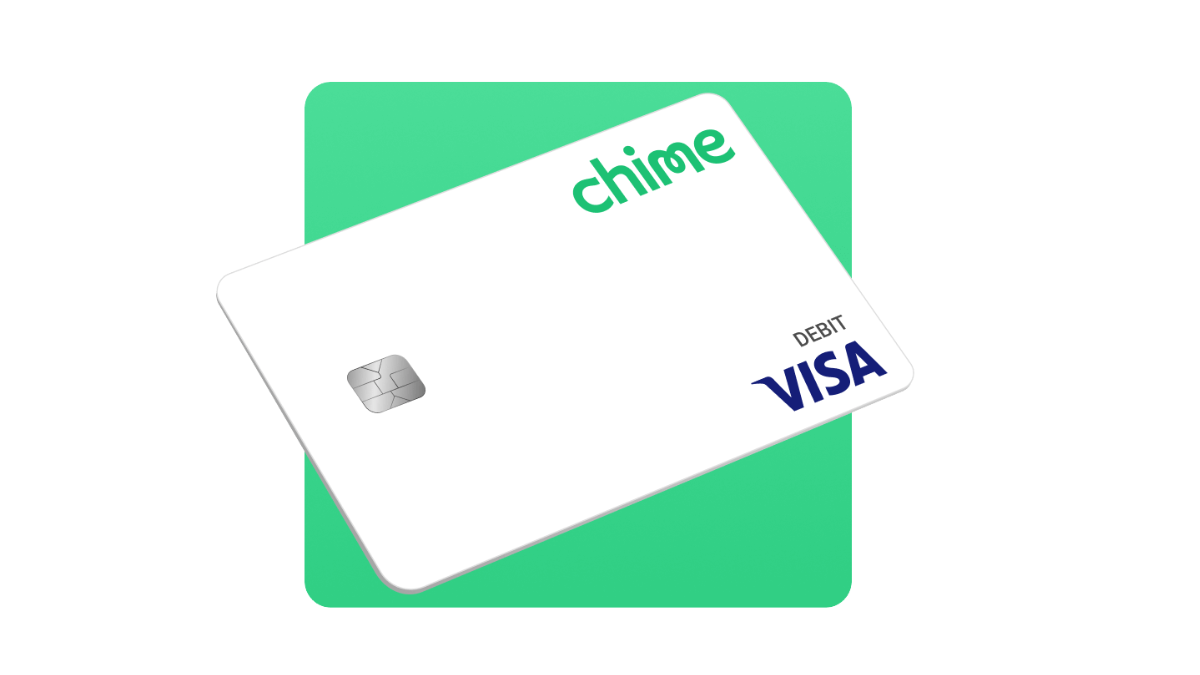
Chime Visa® Debit Card Review: Your Key to Hassle-Free Banking!
No more banking fees! Unveil the Chime Visa® Debit Card in this review and say goodbye to hidden charges and hello to convenient banking!
Keep Reading